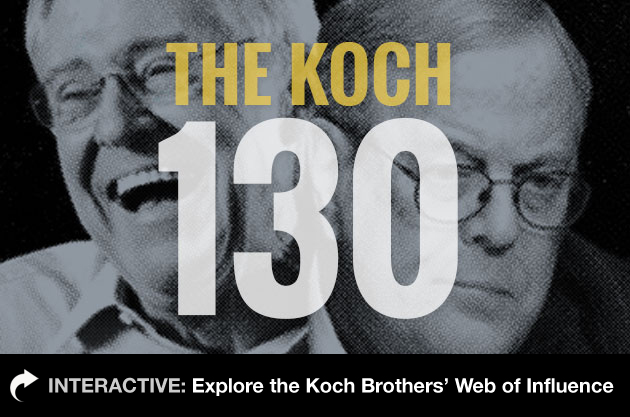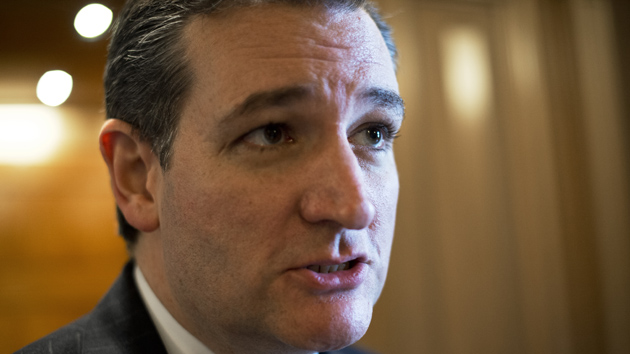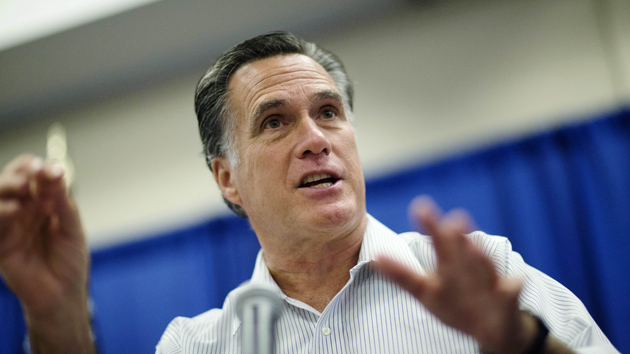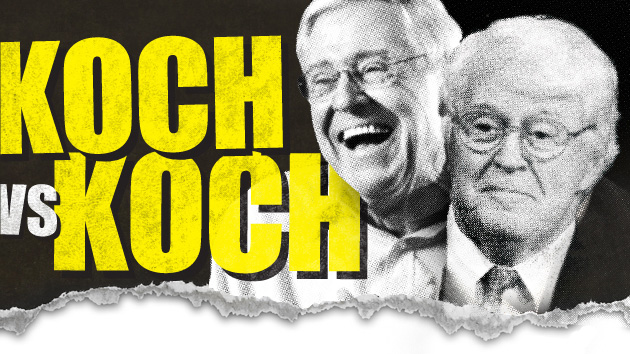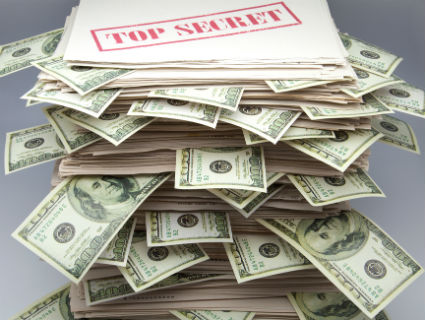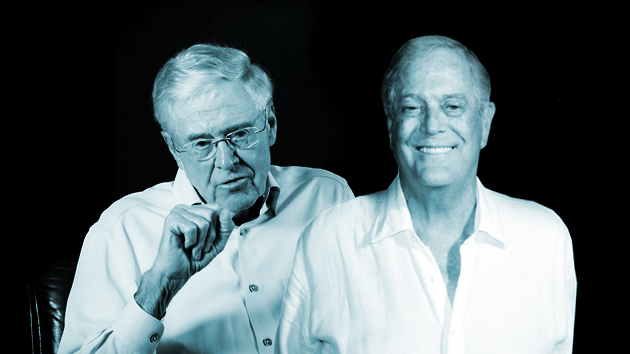
Charles Koch: Bo Rader/ZUMA; David Koch: Sonia Moskowitz/ZUMA
$889 million.
That’s how much Charles and David Koch’s political network hopes to spend on the presidential race, House and Senate contests, and other elections and policy fights in 2016. That figure is not far off from how much President Barack Obama’s and Mitt Romney’s presidential efforts each spent in 2012. It is well over what John Kerry and George W. Bush together spent during the 2004 campaign. This fundraising target was announced Monday morning at the Koch brothers’ winter retreat for members of their elite donor network.
And there’s a good chance that much of the money the Kochs and their allies plan to unleash will be spent in the dark—that is, with little disclosure of the true source of those millions. (Key parts of the Koch network are nonprofit advocacy groups that engage in political work without revealing their donors.)
If the Koch network—which included 450 or so attendees at this weekend’s donor confab—meets it $889-million goal for 2016, it would more than double its outlay from the last presidential election season. During the 2012 campaign, the Kochs’ collection of nonprofit groups spent over $400 million, with a sizable chunk of that aimed at defeating President Obama.
The Kochs and their donor-allies are now essentially their own political party. As the New York Times‘ Nick Confessore points out, the Koch network’s $889 million exceeds the spending power of the Republican Party:
By comparison, the GOP’s national campaign committees spent $657 million during the 2012 election cycle.
— Nick Confessore (@nickconfessore) January 26, 2015
Here’s some context from the Washington Post about how that money—it’s unclear how much of it will come from the Koch family itself—could be spent:
The $889 million goal reflects the budget goals of all the allied groups that the network funds. Those resources will go into field operations, new technology and policy work, among other projects.
The group—which is supported by hundreds of wealthy donors on the right, along with the Kochs—is still debating whether it will spend some of that money in the GOP primaries. Such a move could have a major impact in winnowing the field of contenders but could also undercut the network’s standing if it engaged in intraparty politics and was not successful.
Marc Short, the president of Freedom Partners, which hosts the Kochs’ donor enclaves, told the Post that “2014 was nice, but there’s a long way to go.” He said that putting free-market ideals at the center of American life is the goal of the Kochs and their allies, adding, “Politics is a necessary means to that end, but not the only one.”

